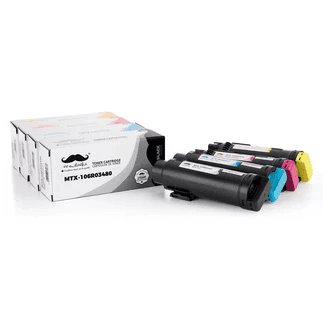When we think of pregnancy, we often imagine long months of anticipation. However, in the animal kingdom, the gestation period can vary dramatically, with some species having incredibly short pregnancies. Let’s dive into the fascinating world of these animals and uncover the secrets behind their swift gestational journeys.
Table of Contents
Introduction
Nature is full of wonders, and one of the most intriguing aspects is the diversity in reproductive strategies among animals. While humans have a gestation period of about nine months, some animals are ready to welcome their young into the world in a matter of days or weeks. These rapid reproductive cycles play a crucial role in their survival, allowing them to adapt to their environments and ensure the continuation of their species. In this article, we explore five animals with the shortest pregnancy periods, providing insights into their unique reproductive processes.
1. The Virginian Opossum
Quick Reproduction in Marsupials
The Virginian opossum holds the record for one of the shortest pregnancy periods among mammals, clocking in at just about 12-13 days. This marsupial’s brief gestation is fascinating because, after birth, the tiny, underdeveloped joeys must crawl into their mother’s pouch to continue developing.
Survival Strategy
The rapid reproduction of the Virginian opossum is an evolutionary strategy to ensure species survival. With numerous predators in its habitat, a short gestation period allows for multiple breeding cycles within a year, increasing the chances of offspring survival.
2. The Domestic Mouse
Speedy Rodent Reproduction
Domestic mice are known for their incredibly short pregnancies, which last about 19-21 days. This quick turnaround enables them to reproduce rapidly, a necessary trait given their position as prey animals.
Population Explosion
A female mouse can give birth to a litter of 3-14 pups, and she can become pregnant again almost immediately after giving birth. This ability leads to exponential population growth, ensuring that even with high predation rates, mice remain abundant.
3. The Golden Hamster
Hamster Haste
Golden hamsters have a gestation period of only 16-18 days, one of the shortest among placental mammals. This rapid reproductive cycle is crucial for their survival in the wild, where they face numerous threats.
Litter Size and Frequency
Female golden hamsters can give birth to litters of 6-12 pups, and they can breed again within a few days of giving birth. This prolific breeding helps maintain their population in the wild and in captivity.
4. The Meadow Vole
Vole Velocity
Meadow voles have a gestation period of about 21 days. This short pregnancy period is typical among small rodents, allowing them to reproduce quickly and frequently.
Adapting to Predation
With a high predation rate, meadow voles have adapted by having numerous litters throughout the year, each consisting of 4-8 young. This reproductive strategy ensures that some offspring survive to adulthood.
5. The Rabbit
Rapid Rabbit Reproduction
Rabbits are well-known for their reproductive capabilities, and their gestation period of about 28-31 days is relatively short compared to other mammals. This quick reproductive cycle is essential for their survival and proliferation.
High Reproductive Rate
A female rabbit can produce several litters a year, with each litter containing 1-12 kits. This high reproductive rate helps maintain rabbit populations even in the face of predation and environmental challenges.
Conclusion
The animal kingdom is a testament to the incredible adaptability and diversity of life. The five animals highlighted in this article showcase how short pregnancy periods can be an evolutionary advantage, allowing species to thrive despite various challenges. From the Virginian opossum to the rabbit, these creatures have perfected the art of rapid reproduction, ensuring their survival and continuity.
FAQs
Q1: Why do some animals have short pregnancy periods?
Short pregnancy periods are an evolutionary adaptation that allows animals to reproduce quickly and frequently, increasing their chances of survival in environments with high predation or other threats.
Q2: How does a short gestation period benefit these animals?
A short gestation period allows for multiple breeding cycles within a year, leading to rapid population growth and a higher likelihood of offspring survival.
Q3: Can animals with short gestation periods care for their young effectively?
Yes, although their young may be underdeveloped at birth, these animals have adapted strategies to ensure their young’s survival, such as marsupials’ pouches or nesting behaviors.
Q4: Do short gestation periods impact the development of the offspring?
While offspring may be born less developed, they often undergo significant postnatal development either within a pouch or through parental care, reaching maturity relatively quickly.
Q5: Are there other animals with even shorter pregnancy periods?
While the animals listed are among those with the shortest known pregnancy periods, research is ongoing, and there may be other species with similarly brief gestations yet to be discovered.




